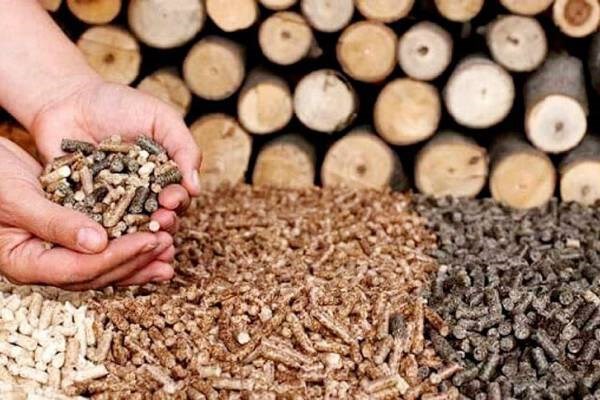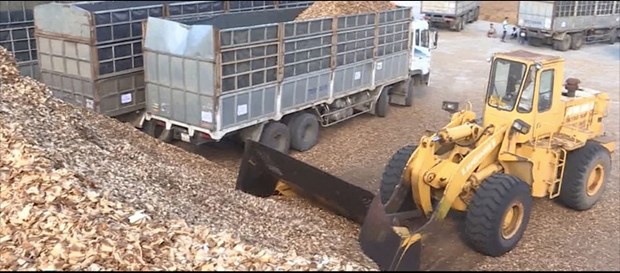Exports of forestry waste products likely to rake in billions of USD
Wood pellets, made from compressed sawdust and forestry wastes, have become a key currency earner of the wood industry, having the great potential to rank in the group of export staples with turnover of over 1 billion USD.
Wood pellets, made from compressed sawdust and forestry wastes, have become a key currency earner of the wood industry, having the great potential to rank in the group of export staples with turnover of over 1 billion USD.
Vietnam’s wood pellet export value was just about 145 million USD in 2017 and surged to 413 million USD in 2021.
Close to 2.4 million tonnes of the product were shipped overseas in the first half of 2022 for approximately 354 million USD. If the growth is maintained at the current rate, the export turnover may hit around 700 million USD for the entire year.
In particular, the product’s export price increased sharply between January and June to an average of nearly 150 USD per tonne, more than 27% higher than the average price in 2021.
The use of by-products to make the pellets helps wood factories raise incomes, offsetting the high price of imported raw materials. Currently, Vietnam houses about 300 pellet production facilities,which have solely exported to Japan and the Republic of Korea (RoK).
According to the Association of Vietnam Timber and Forest Product (Viforest), raw materials used in the production are those almost discarded during the processing of wood products. However, they can be turned into a cash cow business.
Tremendous room for export is now opened up for Vietnam’s biomass pellets as countries like the RoK, Japan, and China, and those in the EU are on the path of switching to more sustainable sources of energy. The global wood pellet market is expected to reach 15.63 billion USD by 2026, with a compound annual growth rate of 7.28% between 2021 and 2026.
Regarding the Government’s considering of the possibility of imposing export tax on the product, Viforest Chairman Do Xuan Lap expressed his concern that the tariff might cause a waste of the raw material, and directly and negatively affect parties involved in the chain, including afforestation households, sawmills - wood peelers, and furniture manufacturing facilities.










